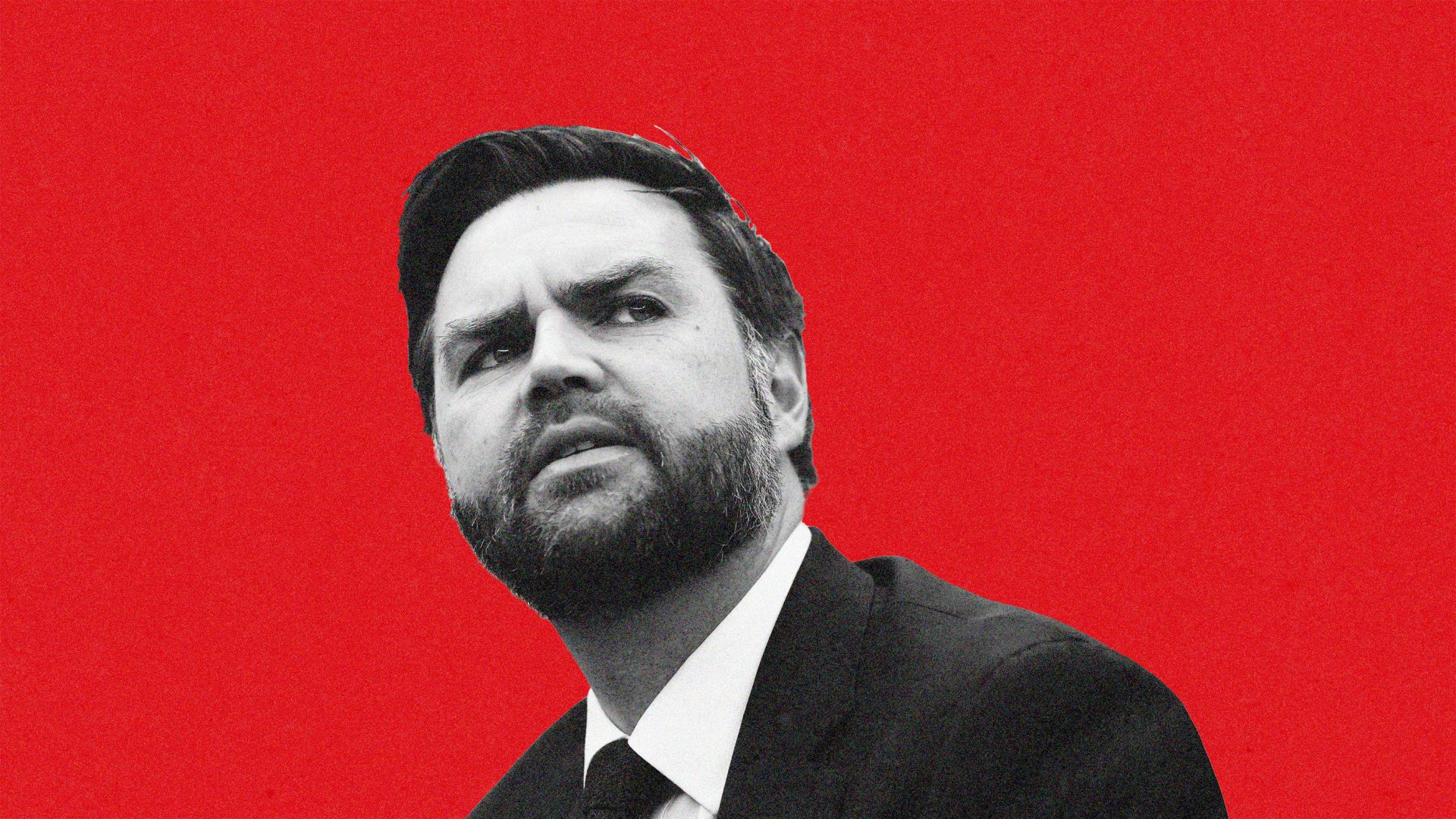Donald Trump, holding court on Air Force One this week, declared that world leaders – “European, Asian, from all over” – were “dying to make a deal”.
Meanwhile, in Germany, soon-to-be-chancellor Friedrich Merz may just be dying because of one. Not literally, of course. But politically, the soon-to-be-chancellor is heading straight for a near-death experience — not thanks to the Trumps of this world, but courtesy of his likely coalition partner: the SPD.
Barely seven weeks post-election, the CDU is already shedding support like a moulting spaniel – down 4.5 points in one poll and, for the first time ever, level-pegging with the far right AfD at 24%.
Unsurprisingly, there’s a state of alarm in CDU ranks, even panic. The party grassroots are openly voicing discontent with chairman Merz. The small CDU seaside branch of Kühlungsborn resigned en masse over Merz’s apparent U-turn on the debt brake. They accused him of putting the party’s DNA at risk and destroying core values. In an open letter, they wished “the CDU a better hand in the coalition negotiations in order to avoid a wave of resignations”.
CDU state MPs told Focus magazine that members complain “Merz is selling us out for power”. Winning, they say, “used to feel different”.
The leader of the CDU’s youth wing, Johannes Winkel, chimed in via Süddeutsche Zeitung. His party, he demanded, must not sign a coalition agreement “without a change in policy”.
The days of the party being a Kanzlerwahlverein (chancellor election club) are over, he insists – a nickname given to the CDU during Helmut Kohl’s 16-year reign. It’s a sentiment rooted in post-Merkel fatigue: back then, the CDU got the chancellorship, the SPD got the actual policies – at least in later years of her office.
This time round, Merz is meant to be the one setting the tone. Instead, he’s gone wobbly on the key campaign promise of fiscal discipline before talks have even really begun.
The debt brake – once sacrosanct CDU territory – was softened in record time, without any clear wins in return on migration, welfare or taxation. Merz gave away a key bargaining chip before the real talks had actually started.
This quick concession is one of the major reasons behind the plunge in the polls: a vast majority of Germans may want flexibility on spending, but they also want consistency – and now they doubt Merz’s credibility. How trustworthy is a man whose fundamental decisions before an election are so easily abandoned immediately afterwards?
Coalition talks are supposed to come to a result this week. Only then will we know whether the policy shift promised by the conservatives is actually feasible.
It is not a good sign, however, that prominent CDU figures have allegedly kept out of the negotiations in order not to be associated with the result.
Luckily for Merz, it is only the SPD that holds a party referendum on the final coalition treaty. Although if he had had to face the party’s grassroots, too, he may not have given up core CDU campaign positions so readily, before real negotiations had even started.
Which brings to mind Maggie Neale, negotiation guru and professor emerita at Stanford Business School. I remember her mocking Harvard colleagues for having written a book called: Getting to Yes (although in small print the cover does also say “without giving in”).
“Don’t value agreement higher than solution,” she hammered into us in class. “Getting agreement is not your goal in a negotiation. Your goal is not to get to ‘yes’, your goal is a good deal.” Neale’s own book is called Getting (More of) What You Want, and one big part is devoted to the ability and discipline to walk away from a negotiation if the deal isn’t going to be good.
But here is the problem: Merz can’t walk. And the SPD knows it. He has, and for good reason, given up his natural lever of power – the threat of changing partner – by ruling out the AfD unconditionally.
Why Merz then made fundamental concessions on the debt brake without asking the SPD to first commit to changes regarding migration, social welfare and taxation is yet another sign that he may just not be the best deal-maker in the room.
Some forecasts suggest AfD could top the polls by Easter – a historic and unsettling first. From a glass-half-full perspective, however, expectations of Merz are now so low he can hardly fail to impress once in office.
But then again – this is Friedrich Merz we’re talking about.




